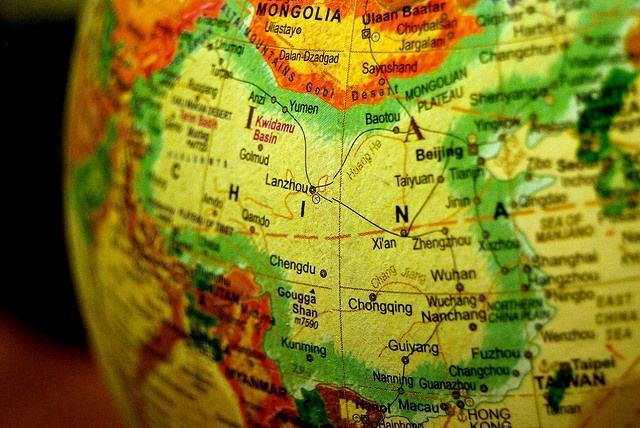Ghostwriting is more or less a standard course of action when it comes to the orations of busy presidents, popular crime novels, and 2,000-page celebrity autobiographies. But the practice of hiring someone else to fabricate your voice has infiltrated an industry closer to home than anyone would like to think: academics. According to a recent estimate from The Economic Times, 50 to 90% of the assignments submitted in India’s higher education system may have compromised originality. The phantom writing business has become so commonplace that a simple web search yields hundreds of companies offering dissertations, theses, and articles for every field and purpose. The explosion in custom-written academic papers is predicted to have knock-on effects for the employment system, which must accept a degree at face value.

“After completing his MPhil and PhD, the student will get a job for which he has no competence,” says Professor T. K. Oommen of Jawaharlal Nehru University. ”While there are laws to stem this malpractice, the connivance of supervisors and examiners makes it possible to continue it. It’s more a matter of professional ethics than legislation.”
Legislation is, in fact, powerless to stop the practice of ghostwriting. While universities can force students to sign contracts that will make them subject to expulsion if they masquerade as a paper’s author, governments would have to place a number of restrictions on free speech and fair business in order to make the usage of academic writing services illegal. A recent study explores the idea of bringing fraud liability charges to medical ghostwriting cases; however, legal precedents are lacking. Aside from the rare international incident when Qaddafi’s son is caught plagiarizing his Ph.D. dissertation, turning in ghostwritten papers usually has no legal consequences.
 Besides, it’s almost impossible to prove a student has engaged in this form of cheating. Ghostwriting differs from plagiarism in that the former may be truly original writing, just by another person’s hand. Although teachers catch a fair amount of copy-and-paste perpetrators every year by utilizing databases like Turnitin.com, work that has been ghostwritten comes from the untraceable troves of somebody’s mind. This accounts for the high price of products–in India, a doctoral dissertation costs anywhere from 75 K to 250 K rupees, depending on the length and amount of research involved. At the high end, the price approaches the annual median salary for graduates with a bachelor’s degree.
Besides, it’s almost impossible to prove a student has engaged in this form of cheating. Ghostwriting differs from plagiarism in that the former may be truly original writing, just by another person’s hand. Although teachers catch a fair amount of copy-and-paste perpetrators every year by utilizing databases like Turnitin.com, work that has been ghostwritten comes from the untraceable troves of somebody’s mind. This accounts for the high price of products–in India, a doctoral dissertation costs anywhere from 75 K to 250 K rupees, depending on the length and amount of research involved. At the high end, the price approaches the annual median salary for graduates with a bachelor’s degree.
According to Wuhan University research quoted in China Daily, the academic ghostwriting industry nets a yearly profit of around half a billion yuan (USD $78.7) in China. Over 50% of scientists surveyed by the China Association for Science and Technology believed their colleagues to be guilty of practices such as plagiarism and ghostwriting. As China moves to a position of global power, the pressure for academics to publish, publish, and publish can be overwhelming. But it would be misleading to shine the flashlight at countries racing towards first-world status. In the U.S., a leading ghostwriting service website gets 8,000 hits a day.
The problem, which is often pegged as the shady operations of “essay mills,” is actually our collective emphasis on evaluation rather than education, argues Ed Dante in The Chronicle of Higher Education. “Dante” is the pseudonym of a ghostwriting specialist. Having produced 5,000 pages of scholarly writing in a single year, the writer saw business grow even through the recession years. But Dante anticipates retiring soon because “I’m tired of helping you make your students look competent,” he tells his academic audience.
Creative Commons Love: striatic and LiuTao on Flickr.com





















